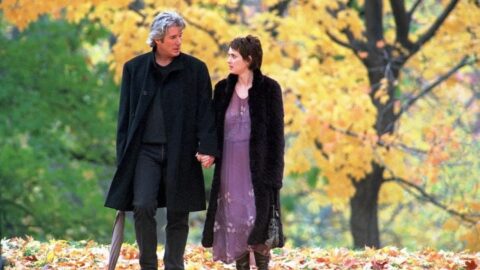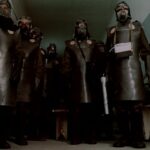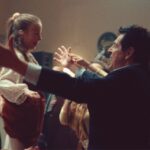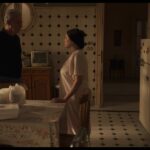Longer version of this article is published exclusively on the paid newsletter.
I was told not to watch Autumn in New York. I was told it was really bad. But having just spent one of the best afternoons of my life last week in Central Park, having the most expensive beer of my life (worth it) at Tavern on The Green (as featured in Mr Popper’s Penguins [Mark Waters, 2011], among many other movies) and walking across those little bridges and seeing the skyscrapers pop out of the trees, and perhaps, alongside Holden Caulfield, wondering where the ducks go in the winter, I was feeling nostalgic upon my return and wanted to soak up some more Manhattan autumnal (fall) park vibes. Autumn in New York seems to start in the right key with an aerial shot of the famous park, before we meet our swanky hero, the eternal asshole Will Keane (Richard Gere).
Journey has a soft spot for Richard Gere. This year alone, we looked back at his star-making turns in No Mercy (Richard Pearce, 1986) and Breathless (Jim McBride, 1983), reflecting that even when he plays truly bad or complex people, he usually finds a way of imbuing them with real humanity and urgency. But since the very solid Primal Fear (Gregory Hoblit, 1996), the rest of the 90s — including China hit piece Red Corner (Jon Avnet, 1997), his bordering-on-racist-Irish caricature in The Jackal (Michael Caton-Jones, 1997) and the diminished-returns reunion with Pretty Woman co-star Julia Roberts in Runaway Bride (with same director Garry Marshall, 1999) — were not a good time for Gere’s career. You could say they were actually quite bad.
It all culminates in this abysmal performance, playing an “ageing” (forty-eight-year-old) playboy, blessed with good looks, a great career and a steady calvacade of ladies walking into his restaurant, so many in fact, that his colleague proposes that he could “build a chute.” But he’s not charming. He’s exceptionally smarmy and weird and self-satisfied, weirdly hovering around and touching female patrons in his restaurant, before talking through their cardboard cutouts as opposed to ever engaging with them as actual people, making it impossible to find anything to hold onto as Autumn in New York finds new and powerful ways of getting progressively worse.
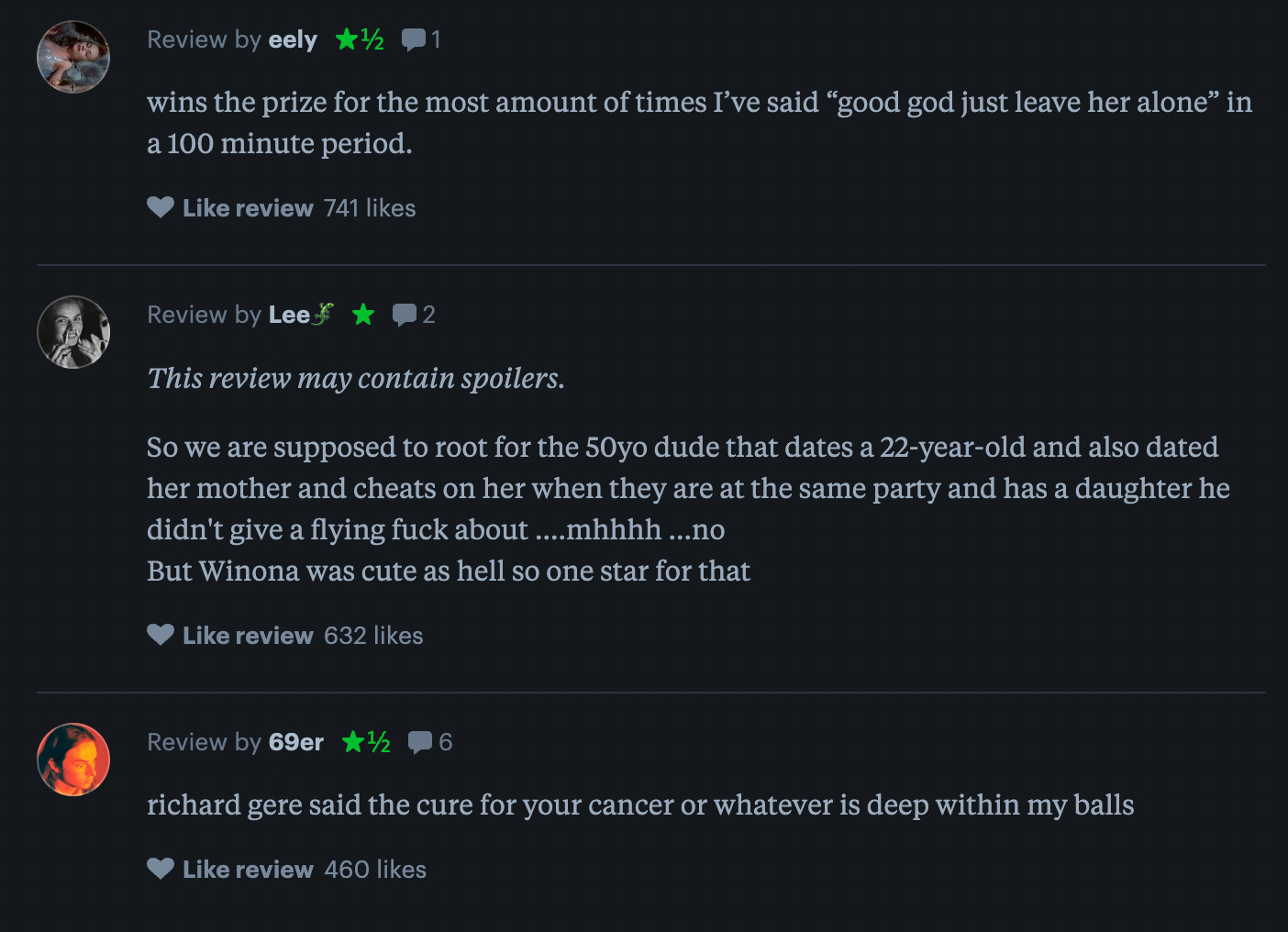
Film critics are supposed to have “good reasons” for liking or disliking movies. But I’ve developed a sixth sense for when a movie is going to be mid or bad. It can be a camera move, it can be a glance, it can be an acting choice. It’s that simple something that great movies, even good movies, don’t have: the absolute wrong, weird decision. It comes very early into Autumn in New York, when Keene looks around his restaurant and sees the waiflike, ever-so-delicate Charlotte Fielding (Winona Ryder). The terrible music by Gabriel Yared swells as he is dazzled, instantly in love with that woman from all the way across the room. Oh god I thought, this is gonna be bad bad.

This is the first of many awful and cringey moments in Twin Peaks-star (David Lynch, Mark Frost, 1990-2017) Joan Chen’s utterly misguided movie. It was apparently re-edited against her will by MGM, but one cannot see at what point this cheese-fest could ever have worked. It is simply one of the worst movies ever made. Yet, it is so uniquely awful that I can’t help but recommend it. No movie has ever been so awful in quite so strange a fashion.
Gere’s hero is a tool, the kind of man who talks down to women like they are little girls. A prototypical, patronising line:
“Now, what I like about you… is that I find you completely unprecedented… and, therefore, wholly unpredictable.”
Charlotte knows that it’s a line, and catches him in the act. But then she continues the cringe by stating that her yoga teacher told her she was “a unique,” and that he is a “typical” — the kind of confusing dialogue that (the failing?) MGM should have also removed, as there is little evidence that she is “a unique” whatsoever, besides the fact that she is only 22 and she is dying.
Attempting to be a weepy melodrama and a quirky romance and a portrait of a bastard man and a beautiful decaying soul all at once, Chen’s movie is a bathetic soup of misguided emotions, lathered in endlessly baffling directorial choices (slo-mo sex scenes, repeated reaction shots, raw, unsubtle, frankly needy acting). It’s also extremely odd the way that they keep referencing the age gap and the fact that Keene was in a relationship with her mother (and possibly her grandmother). It made me constantly believe, given that anything is possible in the movies, that the movie would end with the sick revelation that he is actually her father. The mere possibility made this a deeply sick horror movie.
Thankfully, as if acting as the unconscious for that as-yet uncovered subplot, a young Vera Farmiga stands in as his long-lost daughter instead, creating an icky portrait of a disgusting man who is somehow making up for his days of decadence through the bodies of younger, broken women. Still, New York sure looks nice in the Autumn (why isn’t it called Fall in New York?) Joan Chen made a good point there.

Redmond is the editor-in-chief of Journey Into Cinema.
